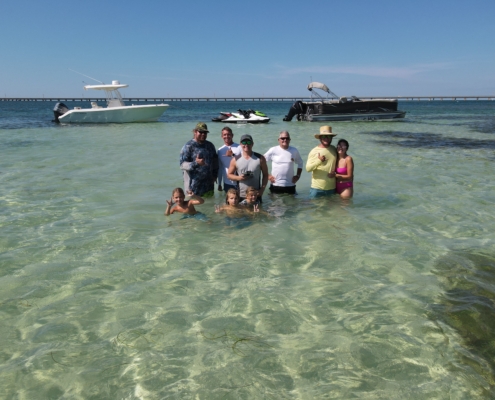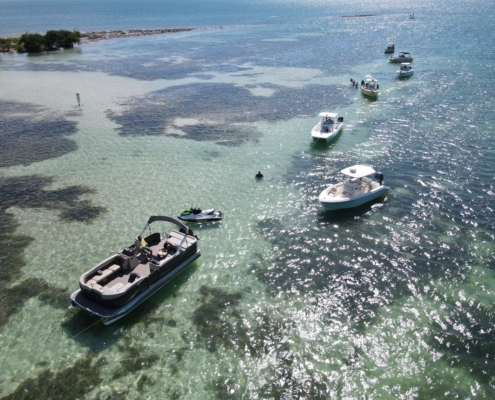VIEW ALL TOUR OPTIONS AND PRICING FOR ALL RENTALS BY CLICKING BOOK NOW! CLICKING ON BOOK NOW WILL ALLOW YOU TO VIEW ALL CURRENT PRICING FOR JET SKI RENTALS, PADDLE BOARDS, KAYAKS, AND CHARTER BOAT OPTIONS.
Explore the Florida Keys with Thrilling Jet Ski Rental Tours
Get ready for an adventure! Our New Yamaha Waverunner Models are 3 seaters and do 50-55 mph. Our Jet ski dock is located on a small 75 Acre Island in the heart of the FL keys located by the 7 mile bridge and Bahia Honda State Park! We have 3 options! 1 Hour fast ride around Bahia Honda State park and the 7 mile bridge ride! Want a little more than an hour try one of the favorite options 2 hour Island tour with Sandbar stops! For the ones who want to cover some water we have the 3 hour Island Tour. The three hour loop has multipe Island loops and sandbar stops.
We also offer private snorkel trips, sandbar tours, guided fishing charters, and Sunset Cruises with one of our Captains. The private snorkel trips are also with a Captain and he will take you out to Coffins Patch, Sombrero Reef, and Looe Key; the top reef to snorkel in the keys! For snorkel trips visit our snorkel page at https://chartered-rentals.com/our-rentals/florida-boat-rentals
Chartered Rentals, LLC and it’s Insurance Provider requires jet ski driver to be at least 14 years old to operate the jet ski.
Florida law requires Boat and Jet Ski operators born ON OR AFTER Jan
1, 1988 to possess a boater’s safety card. To prevent delays at the
time of your reservation, click here https://tmbt.info/4arnGFB On average this course takes customers 10 minutes to complete and is 30 questions. We will send you the link if this is needed.
1 Hour Rentals – 3 Hour Rentals
Online Waiver Required prior tour:
Please complete your waiver in this link! https://waiver.smartwaiver.com/w/u5hxrqbjqh2kgb7drqznzv/web/
When out on the water please remember you are sharing it with others. Keep a sharp lookout for other boats, skiers, and other hazards. A little common sense will go a long way in preventing mishaps. The future of personal watercraft sports will be dependent upon the caution and courtesy of PWC operators. Last but not least HAVE FUN while enjoying what Chartered Rentals Jet Ski Tours has to offer you.
Cancellations
Trip Protection Highly Recommended
**No refund is given without Trip Protection being applied to booking at time of booking. We do our best to work with you to reschedule your booking to a later date.**
Worried about something coming up right before your reservation?
Whether it’s the weather, or maybe an illness, you’re covered with Trip Protection.
Trip Protection allows you to cancel FOR ANY REASON up to your scheduled time for a FULL REFUND (minus the 10% Trip Protection fee).
Laws for Jet Ski Rental
FLORIDA STATE SPECIFIC LAWS
Each person operating, riding on, or being towed behind a personal watercraft must wear an approved non-inflatable Type I, II, III, or V personal flotation device (PFD). Inflatable PFDs are prohibited for personal watercraft use.
The operator of a personal watercraft must attach the engine cutoff switch lanyard (if equipped by the manufacturer) to his/her person, clothing or PFD.
Personal watercraft may not be operated from 1/2 hour after sunset to 1/2 hour before sunrise, even if navigation lights are used. Remember, both federal and state law requires the use of navigation lights from sunset to sunrise.
Maneuvering a personal watercraft by weaving through congested vessel traffic, jumping the wake of another vessel unreasonably close or when visibility around the vessel is obstructed, or swerving at the last possible moment to avoid collision is classified as reckless operation of a vessel (a first-degree misdemeanor).
A person must be at least 14 years of age to operate a personal watercraft in Florida.
A person must be at least 18 years of age to rent a personal watercraft in Florida.
It is unlawful for a person to knowingly allow a person under 14 years of age to operate a personal watercraft (a second-degree misdemeanor).
Anyone born on or after January 1, 1988 is required to either have successfully completed a National Association of State Boating Law Administrators (NASBLA) approved boating education course or have passed a course equivalency or temporary certificate examination and have in their possession a boating education ID card and a photo identification card before operating a vessel with a motor of 10 HP or more in Florida. Identification cards for persons completing the course or the equivalency exam are good for a lifetime. Temporary Certificate exams are made available to the public through contractors. The temporary certificate is valid for 12 months from the issue date.
BOATER EDUCATION
Anyone 21 years of age and under, who operates a vessel powered by 10 horsepower or more engine is required to have a boater education card issued by the Florida Fish and Wildlife Conservation Commission (FWC) or temporary certificate examination and have in their possession a boating education ID card and a photo identification card before operating a vessel. Identification cards for PWC/boat operators completing the course are good for a lifetime. Temporary certificate exams are made available to the public through contractors. The temporary certificate is valid for a period of 12 months from the issue date.
A person is exempt from this requirement if there is a person on board who is not affected by this law and who is attendant to and responsible for the safe operation of the vessel. Also exempted from boater education requirements are persons licensed by the U.S. Coast Guard as a master of a vessel, people operating on a private lake or pond and people who are nonresident and have proof of completion of a NASBLA approved course from another state.
PFDS
Florida law requires a child under 6 years of age to wear a U.S.C.G. approved Type I, II, or III personal flotation device (life jacket) on a boat less than 26-feet long while the boat is underway. “Underway” is defined as anytime except when the vessel is anchored, moored, made fast to the shore, or aground.
Each person operating or riding on a personal watercraft must wear an approved Type I, II, III, or V personal flotation device. Inflatable personal flotation devices are prohibited. The operator of a personal watercraft must attach the engine cutoff switch lanyard (if equipped by the manufacturer) to his/her person, clothing, or PFD.
PWC/BOAT RENTAL
A person must be at least 18 years old to rent a PWC in Florida. A rental facility shall not rent any vessel that does not have proper safety equipment on board, exceeds the recommended engine horsepower or load capacity (as stated on the capacity plate), or is not seaworthy. The facility must provide pre-rental or pre-ride instruction on the safe operation of the vessel if it has a motor of 10 horsepower or more. All renters that are required by law to have a boater education ID card, must have the card or its equivalent in their possession and display it before the facility may rent to them. PWC rentals must provide an on-the-water demonstration and a check ride to evaluate the proficiency of renters. All liveries must display boating safety information in a place visible to the renting public. PWC rentals must display safety information on the proper operation of a PWC. The information must include: propulsion, steering and stopping characteristics of jet pump vessels, the location and content of warning labels, how to properly re-board a PWC. This instruction also must include the applicable Navigational Rules to PWC operation, problems with visibility and being seen by other boaters, reckless operation, noise, nuisance, and environmental concerns while operating the PWC on Florida waters.
RECKLESS & CARELESS OPERATION
You must operate a PWC in a reasonable and prudent manner. Anyone who operates a PWC or boat with a willful disregard for the safety of persons or property will be cited for reckless operation (a first-degree misdemeanor). All operators are responsible for operating their vessel in a reasonable and prudent manner with regard for other vessel traffic, posted restrictions, in the presence of a divers-down flag, and other circumstances so as to not endanger other people or property. Failure to do so is considered careless operation. Maneuvers which unreasonably or unnecessarily endanger life, limb or property are classified as reckless operation of a vessel (a first-degree misdemeanor) as provided in Florida State Statute 327.33(1). This includes, but is not limited to, a personal watercraft by weaving through congested vessel traffic, jumping the wake of another vessel unreasonably close, or when visibility around the vessel is obstructed, or swerving at the last possible moment to avoid collision. A violation of federal navigational rules is also a violation of Florida law.
Idle Speed No Wake

Idle Speed No Wake can be best described as the slowest speed that a PWC or vessel can travel and still allow the operator to maintain steerage, headway, and control of the vessel and any object he may have under tow.
For a PWC or typical small recreational vessel this is a speed of idle. The operator may find the PWC or vessel to be slower to respond and may require the operator to prepare for maneuvers such as turning or docking.
Slow Speed Minimum Wake

Slow Speed Minimum Wake is best described as a speed where the PWC or vessel is fully off a plane, fully settled in the water and producing a minimum wake. This speed will vary from vessel to vessel and will depend on the size, weight and hull design of the vessel. Your vessel should not produce a wake that creates a hazardous condition that endangers or is likely to endanger or damage other vessels or endanger other persons using the waterway.
Maximum Miles Per Hour

Many Florida waters regulate the maximum speed for PWC’s or vessels. These are posted in Miles Per Hour which is the speed a vessel travels over the bottom, measured in statute miles. The vessel still is required to be operated at a safe speed, not produce a excessive wake or operate at a speed that causes the bow of the vessel to be elevated restricting the operators visibility.
A PWC or vessel’s speed can by calculated by timing the vessel when it travels through a measured mile course at a constant RPM. Divide 60 by this time (in minutes) to get your approximate speed in miles per hour. Calculate your speed at various RPM’s and keep the list on the vessel for reference. A GPS unit may also tell you the speed of your vessel.
No Entry Zone or No Entry Area

PWC or vessel travel is prohibited either year around or seasonally on some Florida waterways. This also includes persons swimming, diving, wading or fishing using poles equipped with a fishing line retrieval mechanism or reel. An example of an area where you might find a No Entry Area or Zone is a warm water discharge canal at a power plant where entry is prohibited during the winter months.
Examples of regulatory signs

Above are examples of regulatory signs you may encounter in Florida waters. They may be displayed on a buoy or on a fixed sign piling or post. It is the responsibility of the PWC or vessel operator or person to be aware of entry or speed regulations for the waters in which they are operating. These regulations are in effect for the protection of the Florida Manatee.
IMPAIRED OPERATION
It is a violation of Florida law to operate a PWC or other vessel while under the influence of alcohol or other drugs. A vessel operator suspected of boating under the influence must submit to a sobriety test and a chemical test to determine blood or breath alcohol content. In Florida, a vessel operator is presumed to be under the influence if their blood or breath alcohol content is at or above .08 percent. Any person under 21 years of age, who is found to have a breath alcohol level of .02 or higher and operates or is in actual physical control of a vessel is in violation of Florida law.
MOORING TO MARKERS AND BUOYS
Except in the event of an emergency, it is unlawful to moor or fasten to any lawfully placed navigation aid or regulatory marker. It is also unlawful for any person to anchor or operate a vessel in a manner which will unreasonably interfere with the navigation of other vessels.
MANATEES & SEA GRASS
Manatees are protected by state and federal law. It is illegal to harass, hunt, capture, or kill any marine mammal including manatees. Anything that disrupts a manatee’s normal behavior is a violation of the law, punishable under federal law up to a $50,000 fine, one year imprisonment or both. Boaters must observe all manatee regulatory zone requirements. Also, sea grasses are the principal food for endangered marine herbivores such as manatees and green sea turtles. They act as natural filters to help purify the water, and provide a suitable environment for a wide variety of marine life. PWC operators and other boaters should make all available attempts to avoid running through grass beds. It is considered a violation to damage sea grass beds in some areas within state waters. Navigation charts identify sea grass beds as light green or marked as “grs” on the chart. Boaters should make all possible attempts to stay within channels when unfamiliar with a waterway. Avoid taking shortcuts through sea grass beds to avoid causing propeller scars.

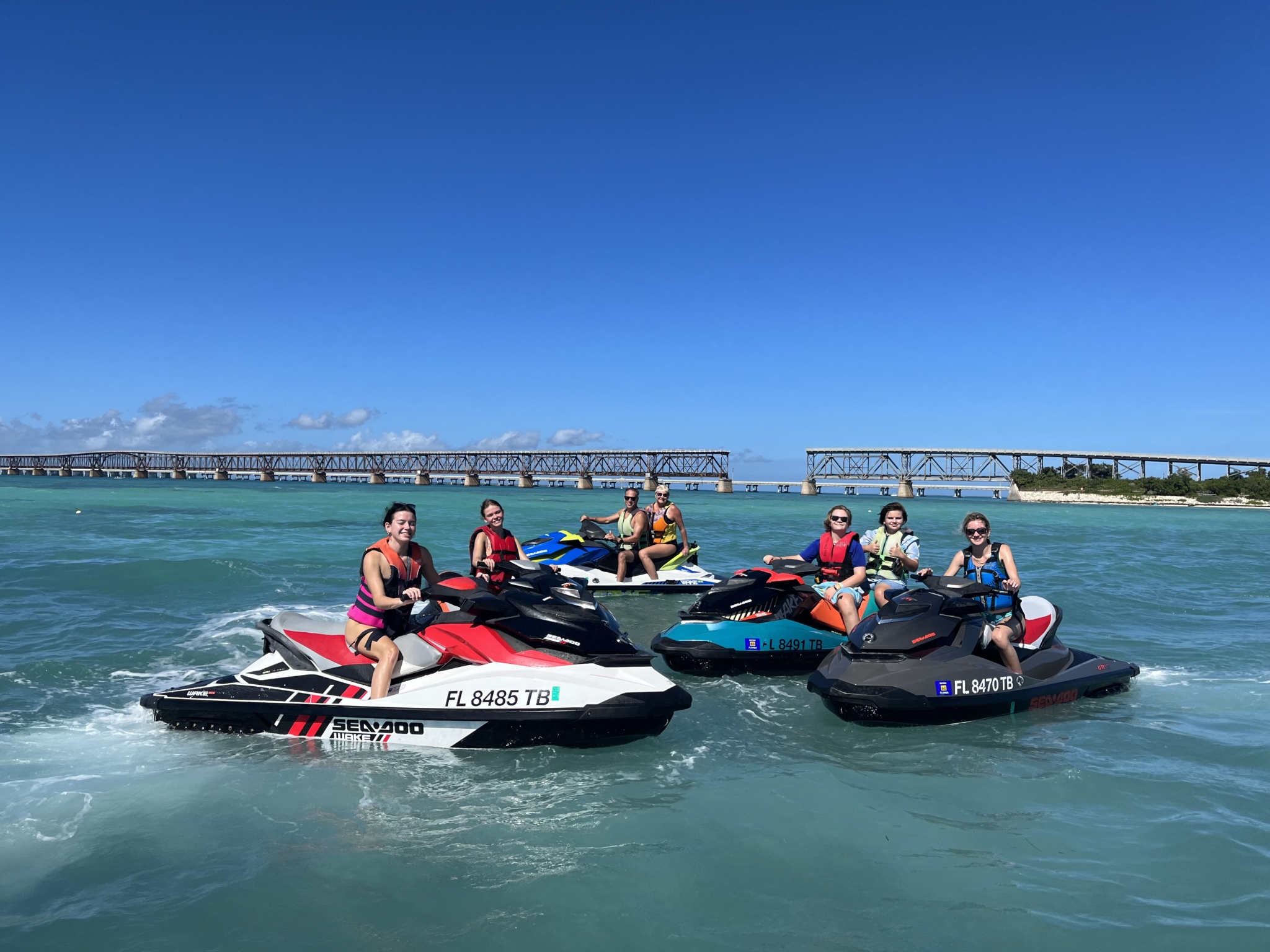
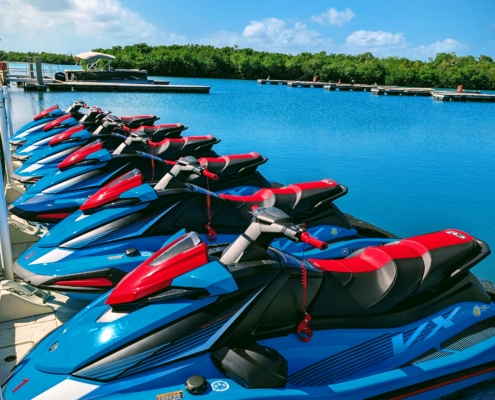
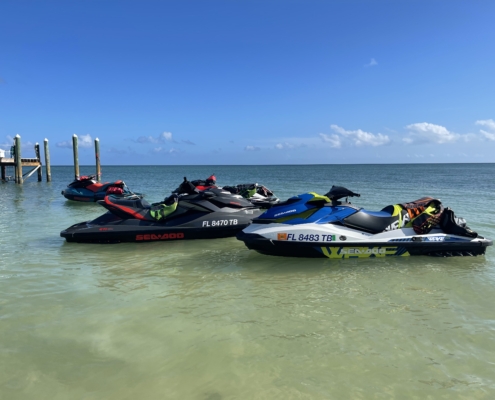
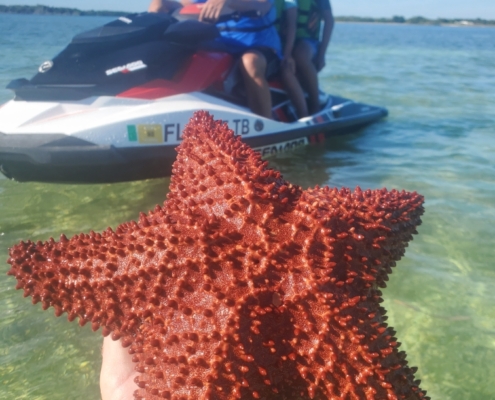
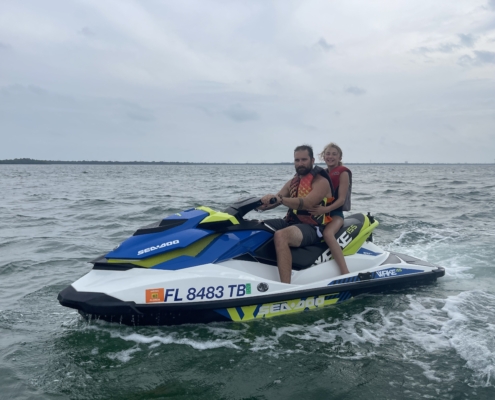
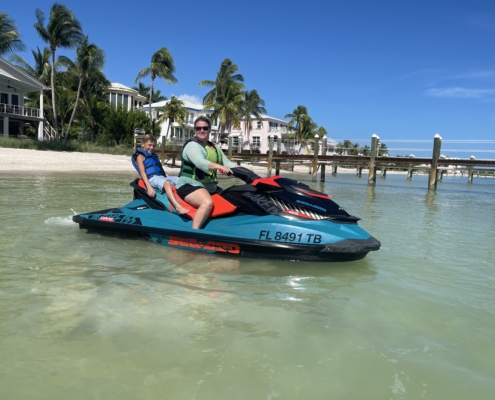
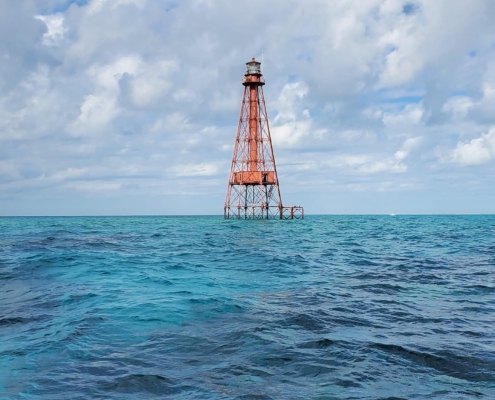
![Photo_Nov_08_2023,_15_02_11[1]](https://chartered-rentals.com/wp-content/uploads/2024/02/Photo_Nov_08_2023_15_02_111-495x400.jpg)
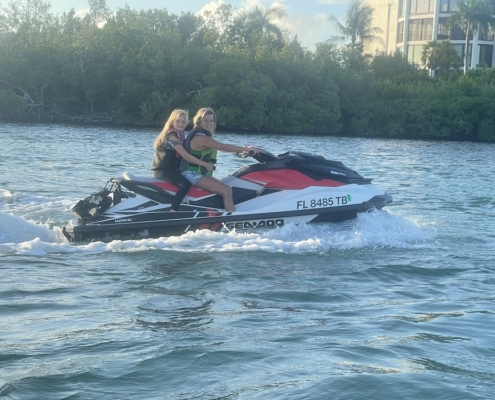
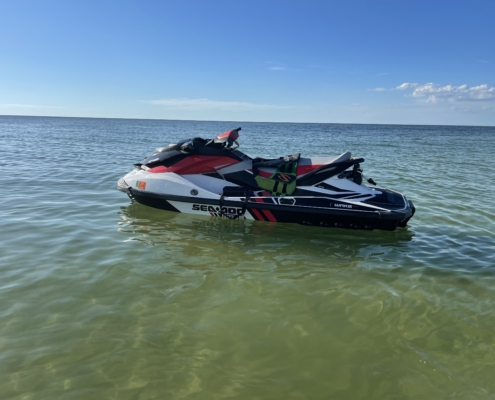
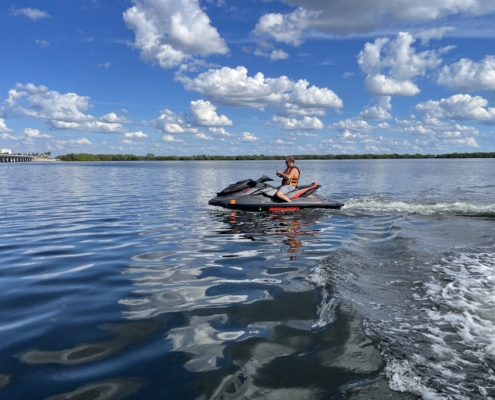
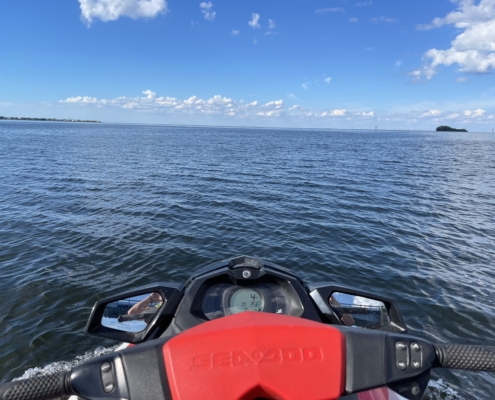
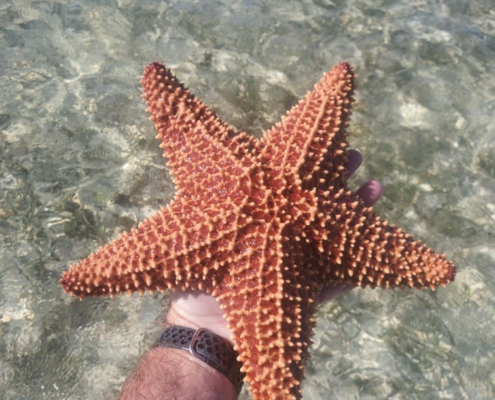
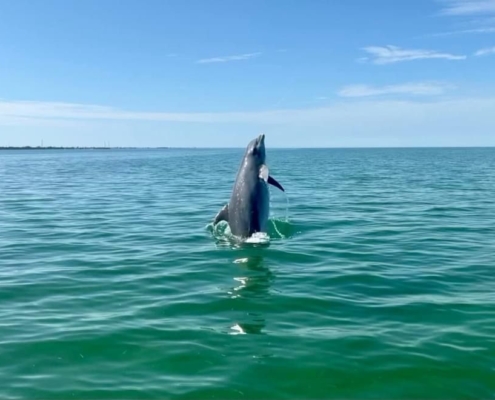
![Photo_Feb_24_2024,_09_12_48[1]](https://chartered-rentals.com/wp-content/uploads/2024/02/Photo_Feb_24_2024_09_12_481-495x400.jpg)
![Photo_Nov_09_2023,_10_54_42[1]](https://chartered-rentals.com/wp-content/uploads/2024/02/Photo_Nov_09_2023_10_54_421-495x400.jpg)
